Not all wines age well.
Turns out, neither do societal expectations of women.
I’m Megumi, a corporate escapee turned entrepreneur and sommelier, here to bring you sharp wine tips and no-bullshit thoughts on life in (and beyond) corporate America.
Here’s what we’re drinking (and thinking) about this week:
Pour Decisions
There’s a common misconception that all wines, especially reds, benefit from aging. Or that expensive automatically means “age-worthy.”
In reality?
Most wines on the market today aren’t built to age. They’re made to drink now. Some sommeliers even argue that most wine is consumed too old, not too young.
Depending on who you ask, the general consensus is:
Only about 10% of wines improve after a year of aging
About 1% of wines benefit from 5–10 years in bottle
Most red wines should be consumed within 3–5 years of the vintage
Most whites and rosés are best within 2–3 years, sometimes sooner
This is great news for your dinner party and your fridge space. It means you can enjoy most wines right away, and save the cellar for bottles that actually benefit from time!
So where did the aging myth come from?
For one, sweet and fortified wines (like Port and Sherry) do age beautifully. And for a long time, those were the popular wines worth aging.
Also, the idea of a wine cellar stocked with dusty bottles waiting to be uncorked? Romantic.
Unfortunately, most bottles are actually just getting flatter, oxidizing, and drifting towards vinegar.
Because here’s the thing:
All wines change over time, but change doesn’t always mean improvement.
As wines age:
Color changes (reds lose vibrancy and become more rusty)
Aromas and flavor evolve (whites can get nuttier while reds can get more savory)
Acidity softens, tannins mellow, and eventually, alcohol volatility can turn a bottle into vinegar territory
That’s why the goal with age-worthy wine isn’t just to wait, but to catch it at its peak.
So how do you know what to age and what to open tonight?
Here are 5 signs a wine might be age-worthy:
High acidity: Acidity acts like a buffer against the chemical changes that break wine down and keeps wine fresh.This is especially important for white wines (like Riesling, Chablis, and vintage Champagne), but also applies to high-acid red wines like Pinot Noir and Sangiovese.
Firm tannins (in red wines): Over time, tannins soften and integrate, which is part of what makes aged reds feel silky. Think: Barolo, Bordeaux blends, young Cabernet Sauvignon.
Lower alcohol in non-fortified wines: Alcohol in wine is volatile so a lower ABV (usually under 13.5%) can prevent the wine from becoming vinegar territory too quickly. Fortified wines like ports can be aged longer, even though they’re higher in alcohol.
Residual sugar: Sweet wines age extremely well! Think: Sauternes, Tokaji, or a German Riesling.
Quality & Price: This one’s subjective, but the more structure and complexity a wine has at the start, the more likely it’ll benefit from aging. If you spent $12 at Trader Joe’s, pop that bottle. If you spent $45 on a Barolo from a strong vintage? Cellar time.
Here’s Your Quick & Dirty Cheat Sheet:

Sip Happens
So we’ve covered aging wine.
But what about…aging us?
Some things are supposed to get better with time.
Others, especially if you’re a woman, are expected to expire faster than unrefrigerated milk.
My biological clock? Ticking.
My career? Falling behind.
My skincare routine? Apparently needs red light, gua sha, and vampire blood facials (I still don’t fully understand what this is, tbh).
For the record, I’m 34 with no kids.
This means I’ve spent a totally normal amount of time
Talking about botox in group chats
Reading about “geriatric pregnancy”
Calculating whether spending $15K on potential future embryos is the move or just a $15K anxiety attack
(Could be both!)
Some days I feel like a literal child bride. Other days I’m convinced I’m a shriveled raisin.
(Yes, this is why I drink.)
And don’t even get me started on LinkedIn.
Honestly, the number of Forbes 30 Under 30 that are now indicted is oddly soothing.
Does it stop me from spiraling about being on my third career and wondering if I should be “further along”?
No. But hey, whatever helps!
Also:
Maggie Gyllenhaal was told she was too old (at 37) to play the love interest of a 55-year-old man
Geena Davis was told she was too old by a male actor 20 years older than her
A 2023 study by the Harvard Business Review found that women are perceived as either too young, too pregnant, or too old to be in the workplace
…Cooolcoolcool.
But here’s the thing:
Wine may have a peak. But we don’t.
We do not “expire”. We evolve.
I’m not going to give you the cliché roundup of “famous women who found success at 40/50/60” (although here’s a list if you need it.)
Instead, I’ll remind you (and myself) that unlike wine, we keep evolving for the better.
Look, I’ll probably (definitely) still panic-Google fertility clinics and pluck gray hairs at 2 am.
And maybe one day I’ll try that terrifying LED mask that makes you look like a chic serial killer.
But I want to do those things for me. Not some fantasy version of womanhood built for the male gaze and anti-aging marketing.
So no more saying we “age like fine wine.”
We’re aging better than wine ever could.
Question for you:
What wine (or moment!) have you been saving for “the right time”? Hit reply and let me know.
I’ll go first: I saved a $250 bottle for a special occasion and waited too long. It was vinegar by the time I opened it 😭
Lesson learned: drink the damn wine.
Remember,
You’re not too old, too late, or too far behind.
You’re just getting better.

P.S. Forward this to someone who’s been aging like vinegar in the wrong job, wrong timeline, or wrong relationship. Tell her it’s time to pop the cork 👀
